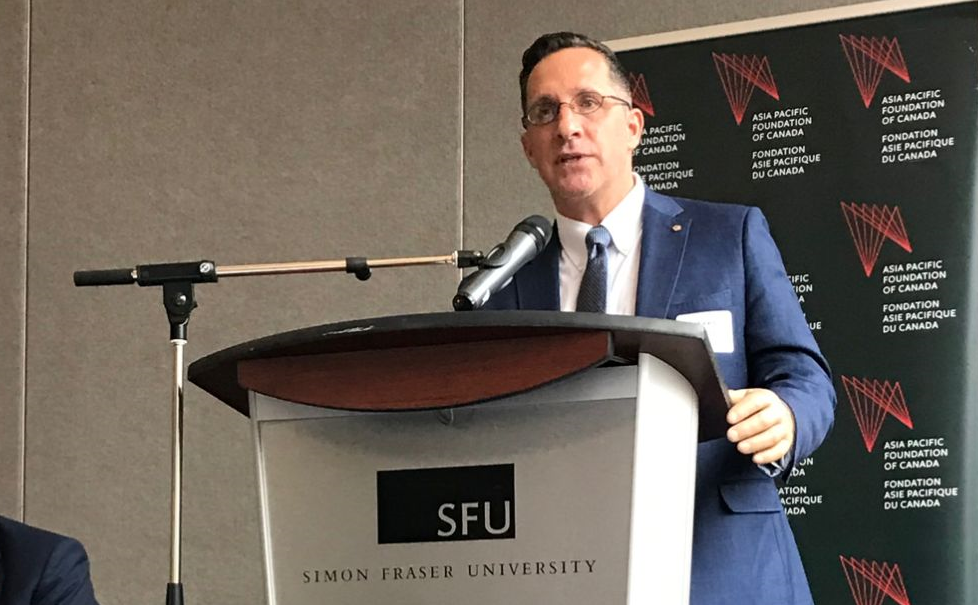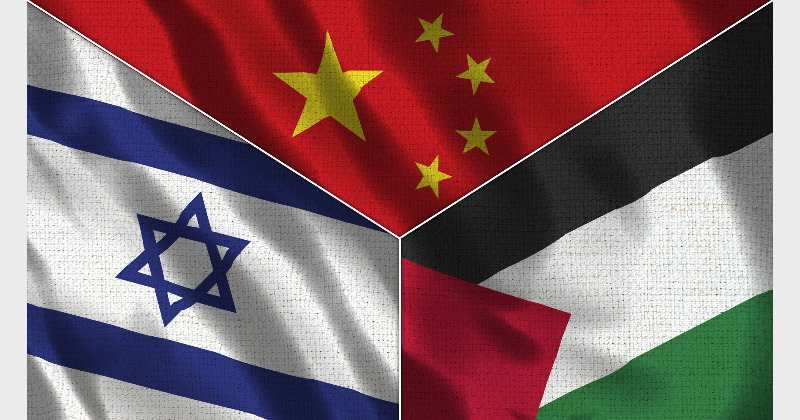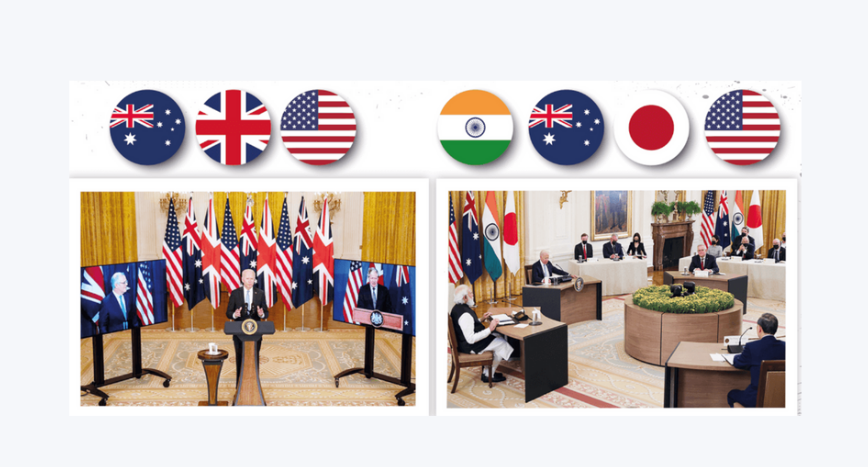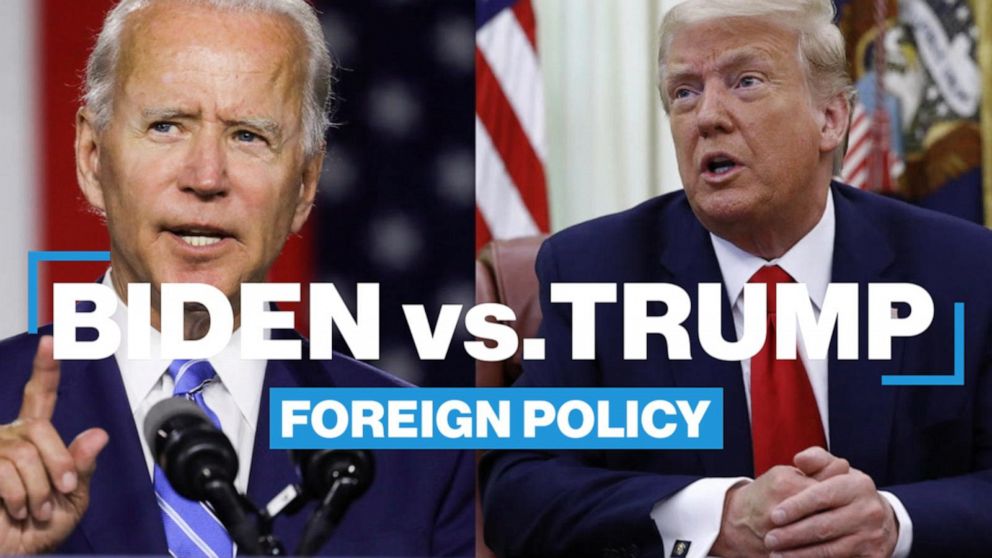Listen to the briefing
Key Event
On April 24, 2023, the Canadian Association for Security and Intelligence Studies Vancouver hosted its monthly Digital Roundtable with Dr. Stephen Nagy, Professor of Politics and International Relations at the International Christian University of Tokyo, who spoke on Canada’s middle power diplomacy in the modern era of strategic competition between international powers. Dr. Nagy defined what it means to be a middle power, neo-middle power diplomacy in theory and practice, Canada’s role in international relations, and provided policy suggestions.
Nature of Discussion
Dr. Nagy’s presentation sought to analyse the importance of great power rivalry in relation to Indo-Pacific development, the resulting impact on middle powers, and extended a focus on institutionalisation of middle power diplomacy.
The presentation addressed China’s and the United States’ roles and relationship as great powers as well as the vulnerability of middle powers within a power transition.
Canada’s position as a middle power and specific areas for policy revision, such as the need to promote domestic interests within policymaking, were highlighted as necessary to adapt to changing dynamics through neo middle power diplomacy.
A multi-spectrum approach that incorporates multiple areas of cooperation may be utilised as a form of security and to act in citizens’ best interests.
Background
The presentation primarily sought to question the role of middle powers within the great power rivalry between China and the U.S, the evolution of middle power diplomacy, and the institutionalization of middle power diplomacy.
Dr. Nagy began by defining critical areas of concern within neomiddle power diplomacy, including the rise of China and its implications on regional security structures, the growth of Sino-U.S. strategic competition, the implications of U.S presence and leadership in the region, and the vulnerability of middle powers in various areas of diplomacy.
He additionally defined features of a middle-power state with reference to the Indo-Pacific region and its development, stating that middle power states are self-defined and comprise functions, behaviours and hierarchy.
Secondly, Dr. Nagy closely examined the effects of strategic competition between China and the U.S and the resulting implications for middle powers, who resultantly witnessed an evolution in neo-middle power diplomacy.
Viewed through a geopolitical lens, the implications of the prominent leadership exerted by the U.S raises concerns on the spillover effects experienced by middle powers and seen within neo-middle power diplomacy.
Next, Dr. Nagy described neo-middle power diplomacy in theory, stating that they typically comprise a niche diplomacy and as of recently, a movement beyond multilateral organizations as a new area of policy focus.
Dr. Nagy additionally identified key areas of neo-middle power diplomacy in practice as being maritime security, economic cooperation, digital economy, and infrastructure and connectivity, each encompassing a distinct set of challenges, implications, and solutions.
Each of these sectors comprise specific challenges, implications, and proposed solutions as to avoid destabilizing behaviour in the global arena.
Dr. Nagy described the vulnerability of middle powers in these regards, forecasting risks such as barriers to meaningful institution building, a dilution of material and diplomatic resources, and more. Thus, proactive foreign policy by middle powers that incorporate compatible actions across nations is necessary to shape regional order.
Dr. Nagy then described policy suggestions for middle powers, such as securing a trade-safety net agreement and focusing on multilateral cooperation both within and outside the Indo-Chinese region, based on a convergence of national interests.
Dr. Nagy concluded by summarizing the worsening geopolitical environment between the U.S. and China with relation to its effects on middle powers. He emphasized that shifting dynamics in neo-middle power diplomacy are transforming the practices of middle powers.
Ultimately, the status and organization of neo-middle power diplomacy will depend on the nature of U.S. leadership regionally and globally. Canada specifically may redesign its middle-power diplomacy by incorporating an outcome-based approach to problem solving with a focus on citizens’ wants and needs, as well as building resilience and establishing further dominance in the Indo-Pacific region.
As a traditional middle power with notable economic cooperation with the US, Canada comprises a unique position and may be advised to move away from a normative policy approach to prioritizing the production of public goods and the correlation between economic and national security.
This briefing was first published on November 24, 2023, at The Journal of Intelligence, Conflict, and Warfare.





Leave a comment